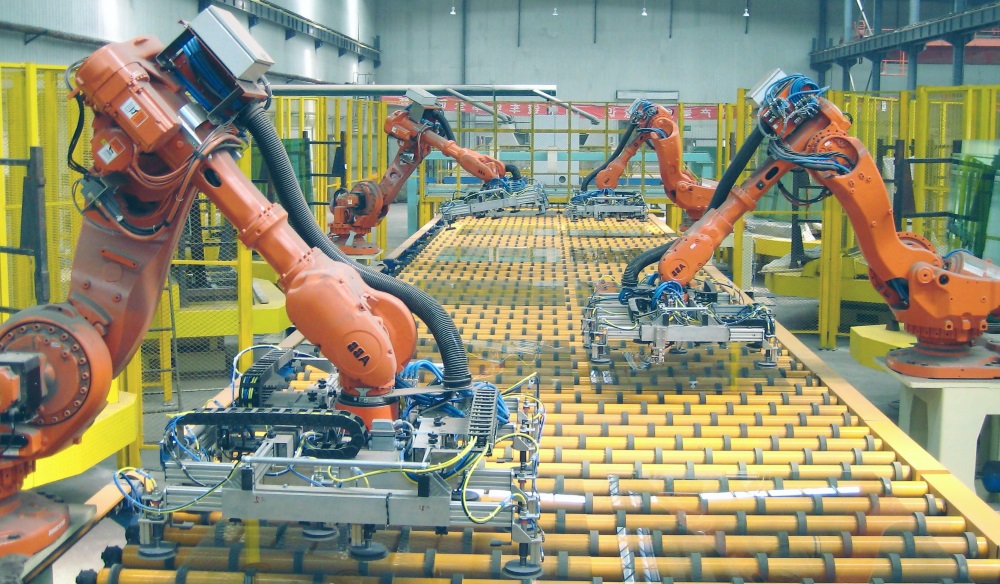
Technology has always been a driving factor in the world, helping make our daily lives easier with each new invention that is created. For example, the washing machine allowed us to be able to wash our clothes at the touch of a button, and the internet has allowed us to get information almost instantly. But what many people don’t realize is that technology seeps well beyond our own personal daily lives and into the overall infrastructure of our economy.
What we are talking about in this case is job automation, a problem that has technically been around since the industrial revolution (if not earlier) but is only now coming back to the forefront of discussion. For a prime example of this, we can look at car manufacturing and see how a production line greatly improved productivity by allowing workers to stand in one place while the various stages of the car manufacturing process came to them along the physical production line.
However, the reason the topic of job automation has come up yet again now in the 21st century is because we are looking at a totally new level of job automation that is fast approaching and that is job automation that can eliminate human jobs completely.
Many people are still unfortunately in denial on this subject, in part because they don’t have a clear look at the job market behind the scenes and beyond their everyday lives. But even the retail space gives clues of this phenomenon in the fact that retail stores across the country are either downsizing or closing straight up, leaving thousands of people looking for new jobs. This is a direct effect of the online retail space, and all of the various websites that you buy things from online rather than in person at a physical retail store. These online stores typically only need to employ just a few people to make their businesses run, compared to the numerous people needed to run physical stores, resulting in the decrease in jobs in this space.
Truck drivers are also facing a similar situation in the near future as various companies across the country are putting their focus on autonomous driving, which would effectively put these truck drivers out of a job when the trucks will literally be driving themselves. To be fair, there will likely still be “virtual drivers” who can take control of the trucks in case of emergencies, but these drivers will be watching over multiple trucks at once, meaning the workforce will still be reduced drastically.
Taxi drivers and drivers for Ride-Share services such as Uber and Lyft are also staring down the same dilemma, albeit much farther down the road compared to truck drivers. Long-distance driving on mostly highways will be the first thing that autonomous driving will tackle which is why truck drivers will be affected first, but eventually autonomous vehicles will also be able to navigate cities and other urban areas, which is when these additional drivers will start to feel the effects of autonomy.
Even with all of these numerous examples, many people don’t realize what is coming simply because such jobs do not affect their lives personal, or they are simply too ignorant to notice what is coming down the horizon. But even if you are currently in a relatively safe job, there is always the possibility that job automation will put you out of a job eventually, which is why it is so important to focus on why job automation is such an inherent problem, and what we as a country can do to mitigate its inevitable effects.
One solution is job re-training, which is not a new idea. With so many people potentially losing their jobs, having the government re-train them in a new field of work (i.e. software) for which they can easily and readily find a job is a good place to start. Another more ambitious plan is to have a universal basic income, as entrepreneur and presidential candidate Andrew Yang so often promotes via his $1000 “Freedom Dividend” campaign promise. This additional income would create a trickle-up economy with more people having money to spend, thus stimulating the economy and ultimately creating new jobs as a result.
Although job automation is great for efficiency and production, it unfortunately can come at the cost of removing hardworking people from paying jobs. But as long as this phenomenon is fully understood and taken seriously by the general public, we as a country will undoubtedly find a way through it.